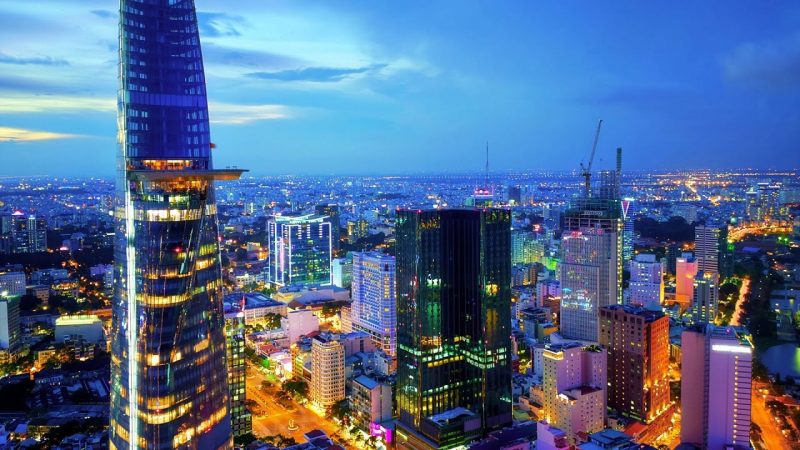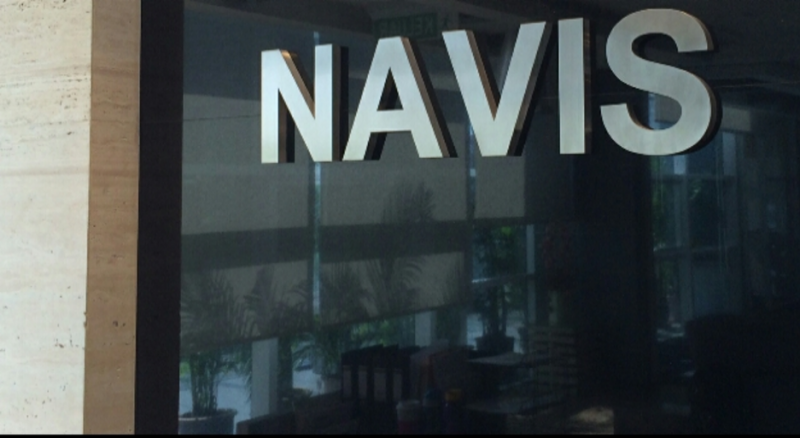Investment
-

1Mil US Dollar Raised by Docosan for Online Healthcare Services in Vietnam
Docosan, an online startup platform designed to connect patients to the right doctor 24/7 in Vietnam, has announced that it raised more than USD 1million in seed capital. AppWorks, a Taiwan-based technology venture company, led…
-

Indian Logistics Unicorn Delhivery receives US$115 million investment from CPPIB
CPPIB’s investment coincide at a time when the startup has reached its 500 million shipment milestone
-

A win-win cooperation for Airbnb and Oyo?
The deal will give the home-sharing site a new angle on China and other Asian markets.
-

Southeast Asia seen as best investment destination this year
A poll at the Asian Financial Forum revealed that 39 percent believe Southeast Asia to be the best investment prospect in 2019, favored over other choices like China (35 percent) and the United States (16…
-

Navis to raise up to US$2 billion in eighth fund
The fund will be used to diversify the firm’s investment and fill the gap for middle-range investments.





